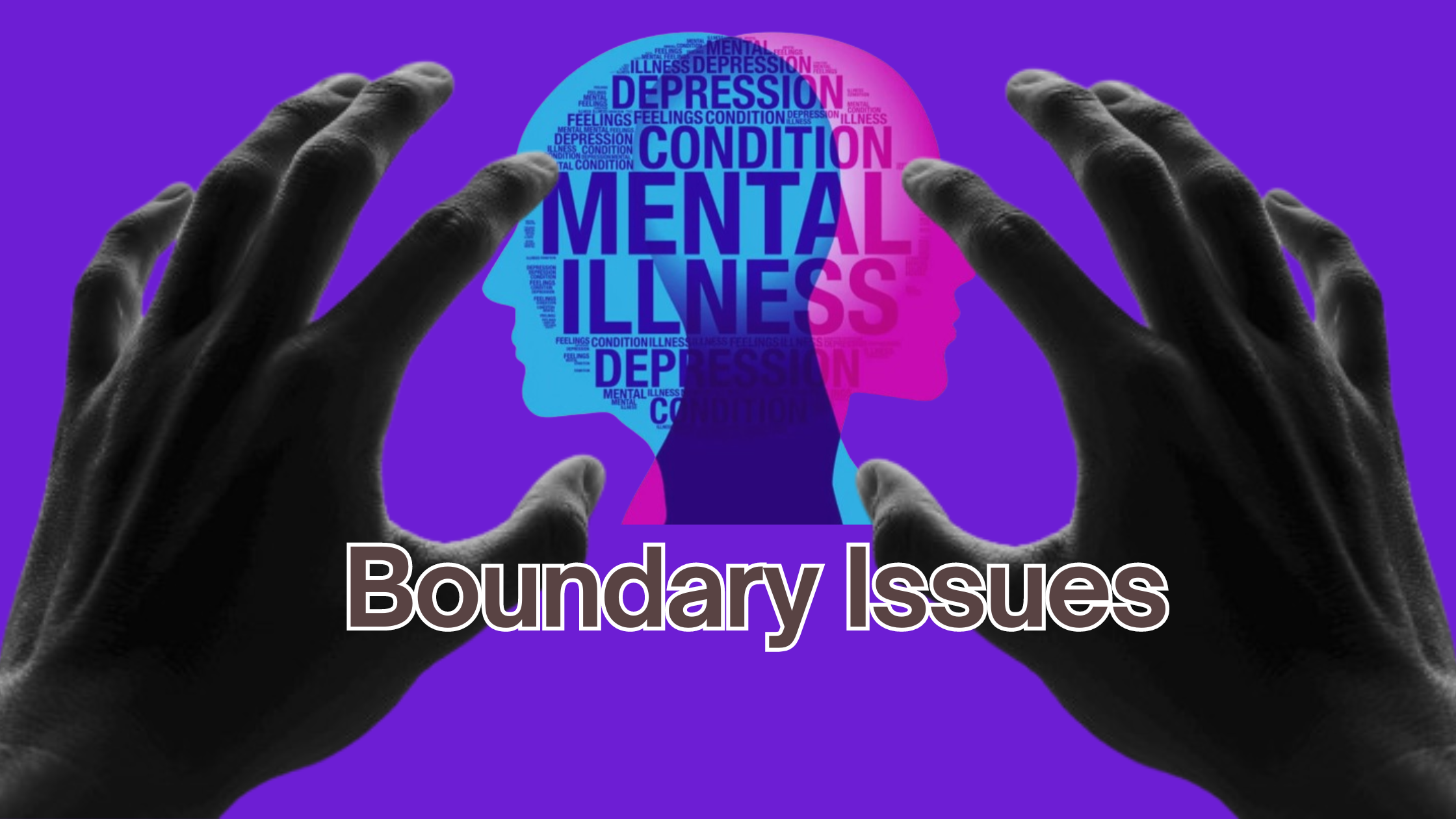Nursing and midwifery practitioners frequently face boundary issues due to the demanding nature of their jobs. These challenges stem from the difficulty of distinguishing between professional and personal responsibilities. Boundary issues can have a substantial influence on nurses’ and midwives’ mental health, resulting in stress, burnout, and compassion fatigue.
Understanding boundary issues is critical for nurses and midwives since they have a substantial influence on mental health and general well-being. This blog article will serve as a guide, looking into the numerous facets of boundary difficulties, their impact on mental health, and ways for maintaining good boundaries.
Let’s go further into this essential issue to better grasp its implications and develop solutions for protecting your health.
What are Boundary Issues?
Boundary issues refer to the blurring of lines between professional and personal spheres. In the context of nursing and midwifery, this can manifest in various ways:
- Emotional over-involvement with patients: Nurses and midwives may develop strong emotional attachments to their patients, leading to difficulty detaching from their cases outside of work hours.
- Overstepping professional boundaries: Sharing personal information with patients, offering unsolicited advice on non-medical matters, or engaging in social interactions beyond professional settings are all examples of boundary overstepping.
- Work-life imbalance: Difficulty disconnecting from work responsibilities at home, leading to constant worry and neglecting personal needs.
- Disrespectful or unprofessional behavior from patients or colleagues: Facing harassment, bullying, or unreasonable demands can strain professional boundaries.
Why it’s Important to have Boundaries:
Healthy boundaries are essential for nurses and midwives for several reasons:
1. Reduced Stress:
Clear boundaries help manage the emotional toll of caring for others. By detaching from work outside of professional settings, you give yourself time to de-stress and recharge.
2. Improved Self-Care:
Boundary issues can make it difficult to prioritize your own needs. Healthy boundaries ensure you dedicate time for rest, relaxation, and activities that replenish your mental and emotional reserves.
3. Enhanced Professionalism:
Maintaining clear boundaries fosters trust and respect with patients and colleagues. It ensures interactions remain professional and focused on patient care.
4. Preserved Mental Health:
Boundary issues are a significant risk factor for burnout and compassion fatigue. Healthy boundaries help you maintain a healthy work-life balance, protecting your mental well-being.
How Do Boundary Issues Affect Mental Health?
When boundary issues become chronic, they can lead to various mental health challenges, including:
1. Burnout:
This state of emotional exhaustion, cynicism, and reduced efficacy often stems from boundary issues. It can lead to feelings of detachment, decreased job satisfaction, and difficulty concentrating.
2. Compassion Fatigue:
Constant exposure to patients’ suffering can lead to emotional and psychological distress. Boundary issues exacerbate this, making it harder to detach from patients’ emotional burdens.
3. Anxiety and Depression:
The constant pressure and emotional strain associated with boundary issues can contribute to the development of anxiety and depression.
4. Moral Distress:
Boundary issues can make it difficult to advocate for patients or uphold your professional ethics, leading to moral distress and feelings of helplessness.
5. Increased stress and anxiety:
The constant emotional strain of blurred boundaries can lead to chronic stress and anxiety.
6. Impact on personal relationships:
Difficulty maintaining healthy boundaries can strain personal relationships with family and friends.
Signs of Boundary Issues
Recognizing the signs of boundary issues is crucial for addressing them promptly. Here are some common indicators:
- Feeling constantly on edge or emotionally drained.
- Difficulty sleeping or experiencing changes in appetite.
- Difficulty concentrating or making decisions.
- Increased irritability or withdrawal from loved ones.
- Using unhealthy coping mechanisms to deal with stress, such as substance abuse.
Strategies for Maintaining Healthy Boundaries
Developing and enforcing healthy boundaries is vital for nurses’ and midwives’ mental well-being. Here are some practical strategies you can implement:
i. Set clear limits:Establish clear boundaries with patients regarding communication methods, availability outside of work hours, and the nature of professional interactions.
ii. Practice self-care:Prioritize activities that promote relaxation and emotional well-being, such as exercise, meditation, and spending time with loved ones.
iii. Seek support: Talk to colleagues, friends, family, or a therapist if you’re struggling with setting or maintaining boundaries.
iv. Know your rights and limitations:It is okay to say “no” to unreasonable requests or workloads that compromise your well-being.
v. Assert yourself professionally:Address disrespectful or unprofessional behaviour from patients or colleagues in a calm and assertive manner.
Building a Supportive Workplace Culture
Healthcare institutions also play a crucial role in fostering a supportive work environment that promotes healthy boundaries for nurses and midwives. Here are some ways this can be achieved:
a. Clear policies and guidelines:
Establishing clear policies regarding professional conduct, communication, and workload management can help maintain boundaries.
b. Open communication channels:
Encouraging open communication with supervisors allows nurses and midwives to voice concerns about boundary issues without fear of repercussions.
c. Access to mental health resources:
Providing access to employee assistance programs or mental health resources can empower nurses and midwives to seek help when needed.
Conclusion
Boundary issues are a significant challenge for nurses and midwives. However, by recognizing the signs, implementing self-care strategies, and advocating for a supportive workplace culture, you can safeguard your mental health and ensure long-term well-being. Remember, prioritizing your well-being is not selfish; it allows you to provide the best possible care to your patients.
Call to Action
Do you have experiences with boundary issues in your nursing or midwifery practice? Share your insights and coping mechanisms in the comments section below. Let’s create a supportive community where we can learn from each other and prioritize our mental health.


